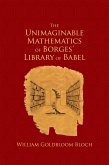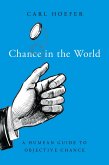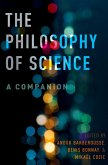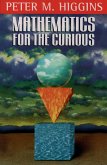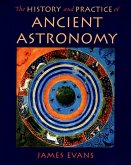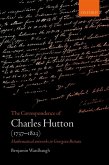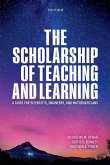"The Library of Babel" is arguably Jorge Luis Borges' best known story--memorialized along with Borges on an Argentine postage stamp. Now, in
The Unimaginable Mathematics of Borges' Library of Babel, William Goldbloom Bloch takes readers on a fascinating tour of the mathematical ideas hidden within one of the classic works of modern literature. Written in the vein of Douglas R. Hofstadter's Pulitzer Prize-winning
G?del, Escher, Bach, this original and imaginative book sheds light on one of Borges' most complex, richly layered works. Bloch begins each chapter with a mathematical idea--combinatorics, topology, geometry, information theory--followed by examples and illustrations that put flesh on the theoretical bones. In this way, he provides many fascinating insights into
Borges' Library. He explains, for instance, a straightforward way to calculate how many books are in the Library--an easily notated but literally unimaginable number--and also shows that, if each book were the size of a grain of sand, the entire universe could only hold a fraction of the books in the Library. Indeed, if each book were the size of a proton, our universe would still not be big enough to hold anywhere near all the books. Given Borges' well-known affection for mathematics, this exploration of the story through the eyes of a humanistic mathematician makes a unique and important contribution to the body of Borgesian criticism. Bloch not only illuminates one of the great short stories of modern literature but also exposes the reader--including those more inclined to the literary world--to many intriguing and entrancing mathematical ideas.
Dieser Download kann aus rechtlichen Gründen nur mit Rechnungsadresse in A, B, BG, CY, CZ, D, DK, EW, E, FIN, F, GR, HR, H, IRL, I, LT, L, LR, M, NL, PL, P, R, S, SLO, SK ausgeliefert werden.



